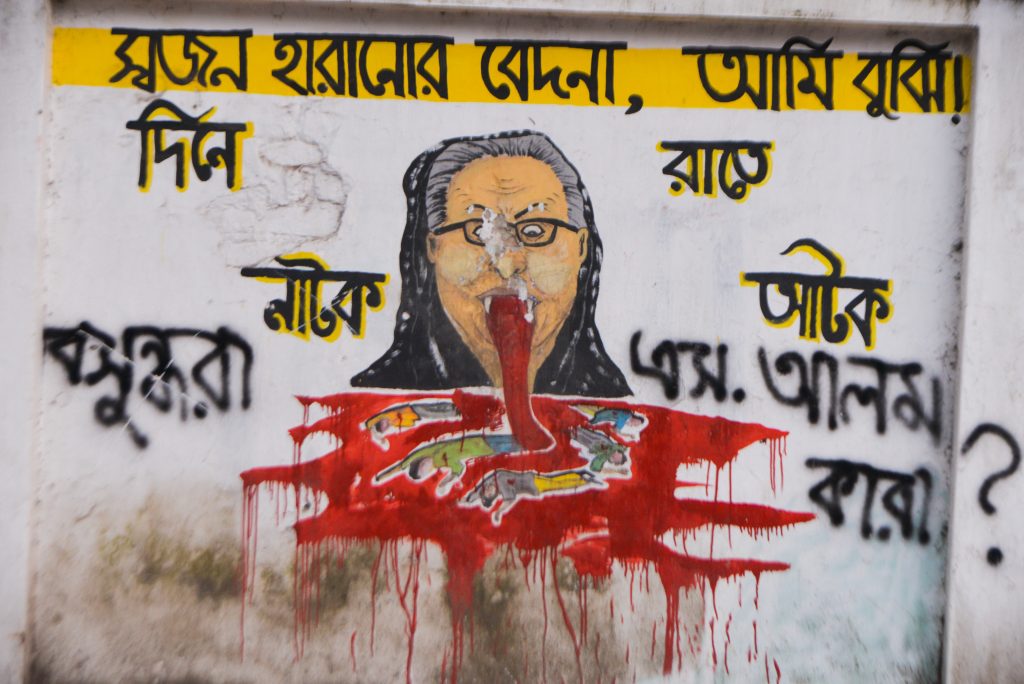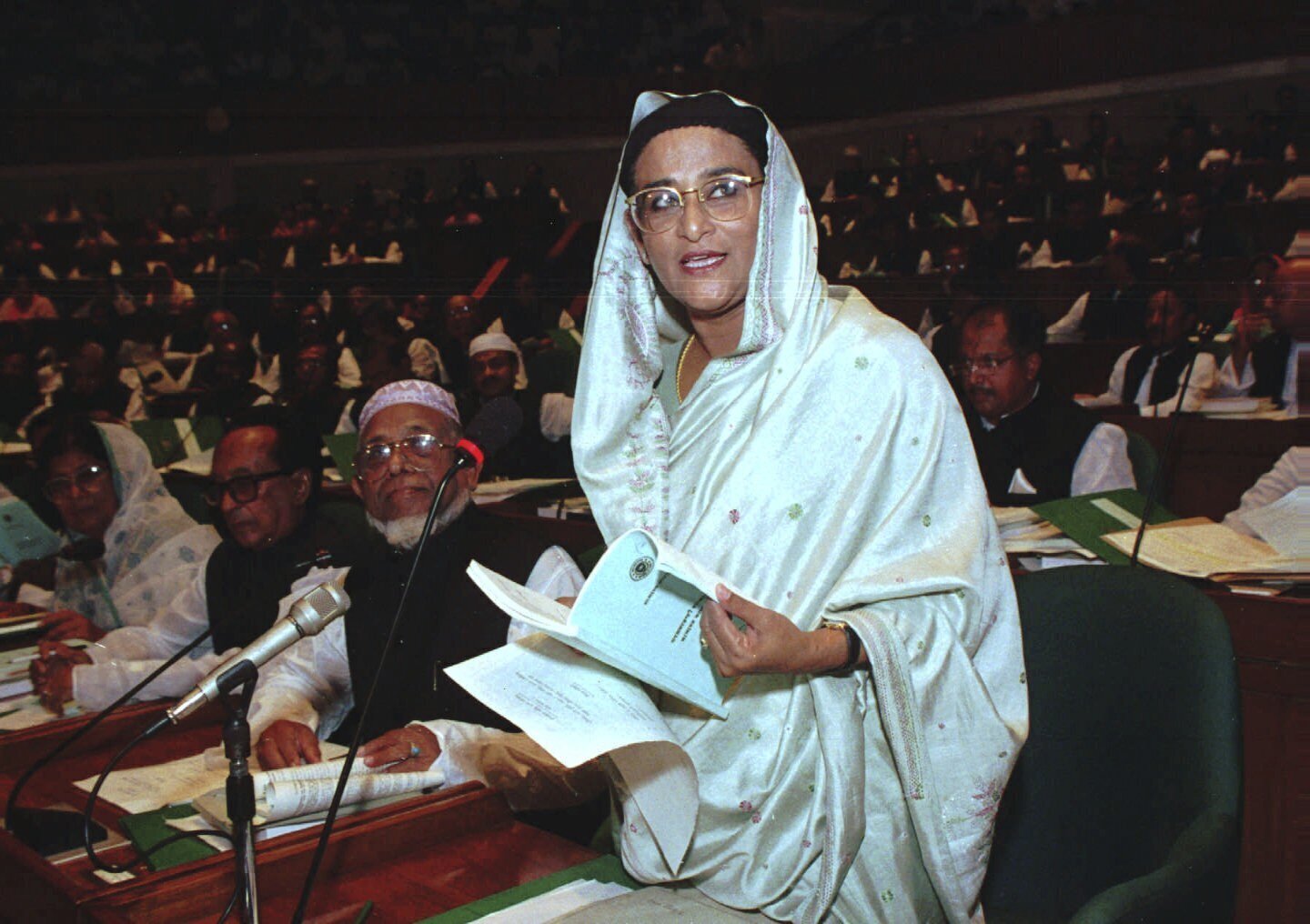June 12 marks a date of deep irony in Bangladesh’s political history.
On this day in 1996, the Awami League, led by Sheikh Hasina, returned to power after 21 years of exclusion from government. That return was made possible by the introduction of a neutral, non-partisan caretaker government system, an achievement secured through mass protests and political advocacy led by the Awami League itself.
The election, held under this new constitutional arrangement, restored the people’s faith in the ballot. It was a moment of national renewal, in which democracy seemed to take firm root.
But nearly three decades later, on June 12, 2025, the same Awami League stands discredited and dismantled.
Once a symbol of democratic struggle, the party’s activities are now banned, many of its senior leaders facing trials for crimes against humanity, and others, including Sheikh Hasinja, living in exile, particularly in India.
The party’s collapse came after years of growing public frustration over its authoritarian rule, electoral manipulation, and erosion of civic freedoms.
Ironically, the very caretaker system that had once enabled its return to power was abolished by the Awami League in 2011 through the 15th Amendment to the Constitution despite the Supreme Court recommending its phased withdrawal over time.
Many believe this decision was politically motivated, driven by Sheikh Hasina’s desire to remain in power without the risks of neutral oversight during elections.
Following the abolition of the caretaker system, Bangladesh witnessed a series of elections that steadily lost public legitimacy.
In 2014, most major opposition parties, including the BNP, boycotted the polls entirely, and more than half the parliamentary seats were uncontested.
The 2018 general election, although nominally participatory, was riddled with allegations of massive vote rigging, with reports that ballot boxes had been stuffed the night before polling began– earning it the moniker “vote of the night.”
The opposition, having entered the race, announced a boycott within hours of voting, citing pre-filled ballot boxes and voter intimidation.
The 2024 election descended further into farce.
Major parties boycotted again, and many of the so-called independent candidates were in fact Awami League loyalists. Voters were presented with no real alternatives. The people’s right to choose was replaced with stage-managed polling that served only to preserve the ruling party’s dominance. But it could not preserve public trust.
In July 2024, a student-led protest against government job quotas erupted across the country. What began as a focused demand quickly expanded into a massive popular uprising, driven by grievances over unemployment, corruption, and long-standing frustration with rigged elections and authoritarianism.

The regime responded with force, and over a thousand people were killed. But the resistance proved too strong. By August 5, the government had fallen. Sheikh Hasina fled the country. The Awami League, once the ruling party, became a hunted organisation– its leaders hiding or fleeing prosecution, its offices shut, its future uncertain.
And so, June 12, once a day of celebration for democratic revival, now carries the weight of a national reckoning. The very mechanisms that had once empowered a people to vote freely were dismantled by those who had once fought for them. The party that returned to power through the will of the people now stands accused of denying that very will in its final years.


